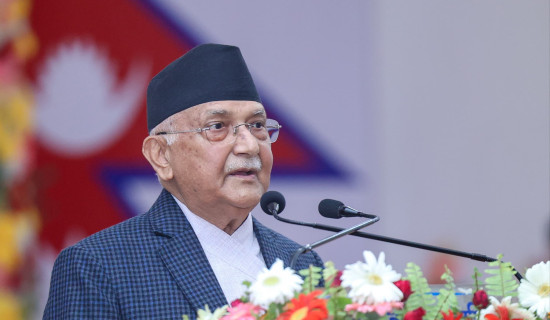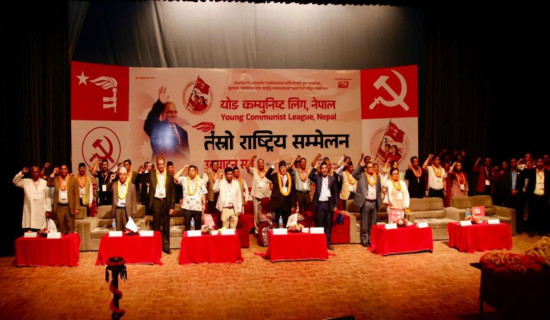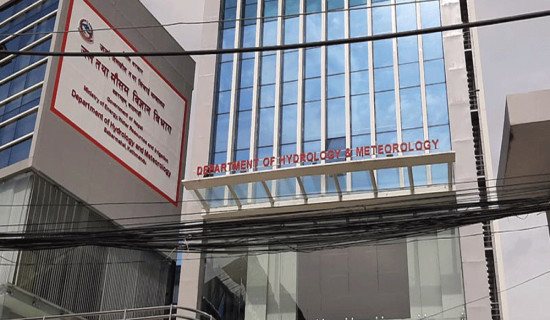- Monday, 2 June 2025
Call for transforming country rating into opportunity
Kathmandu, Nov 30: Various stakeholders have stressed the need to transform the score Nepal received from Sovereign Credit Rating first time into an opportunity.
At an interaction on 'Managing the Economy' organized on the occasion of the 28th anniversary of the Society of Economic Journalists of Nepal (SEJON) in Kathmandu today, the stakeholders related to the economic sector said Nepal has achieved 'double B-minus' score from the sovereign credit rating which is encouraging to reap benefits.
In this connection, Deputy Prime Minister and Finance Minister Bishnu Prasad Poudel said it was a matter of pride for Nepal to achieve ranks second in South Asia after India.
He stressed the need to transform the potentials into results. "I will take responsibility if problems have been added to the economy since the formation of this government", he asserted.
National Planning Commission Vice-Chair Prof Dr Shivaraj Adhikari said the country's sovereign credentials have created a positive debate. He opined that the next debate should focus on reforms.
"There seems to be one reason for the failure of the economy to move", he said, adding, "We have been having the same kind of debate for the last 5-6 years, but today's situation is different".
He said that the situation is different from the past due to reduction in interest rates, sufficient liquidity and the government's efforts to promote the private sector.
Likewise, Nepal Rastra Bank (NRB) Governor Maha Prasad Adhikari said although the credit rating shows Nepal in second rank in South Asia in terms of overall economic situation, the challenge are still prevailing.
He said efforts need to be made to improve the current standard of sovereign credit rating. No policy provision has been amended in the first quarter review of the monetary policy as the economic and financial situation of the country is not different from the past, the governor noted.
Adhikari further said that mere monetary policy is not responsible for economic improvement. "All state agencies have an equal role to play in addressing the current crisis. The dependence on monetary policy should be reduced".
Economist Prof Dr Achyut Wagle said that new sources of revenue have not been found, putting the state in weakening condition.
Stating that the trend of revenue collection has come down from 24-25 per cent of GDP to 12-13 per cent, he questioned why we have reached the stage of non-collection of revenue.
He also cautioned that the public debt had to be added due to non-collection of revenue and warned that it would lead to further crisis.
Wagle said public debt will reach 60 to 65 percent of GDP in the next few years. Lack of financial management is the reason behind all these problems, he said.(RSS)

.jpg)






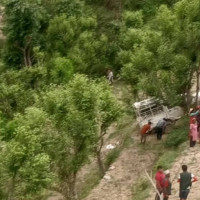
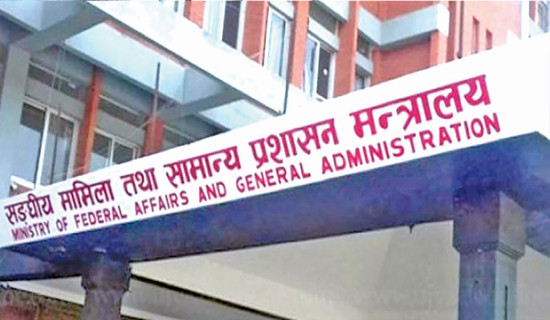
-original-thumb.jpg)
